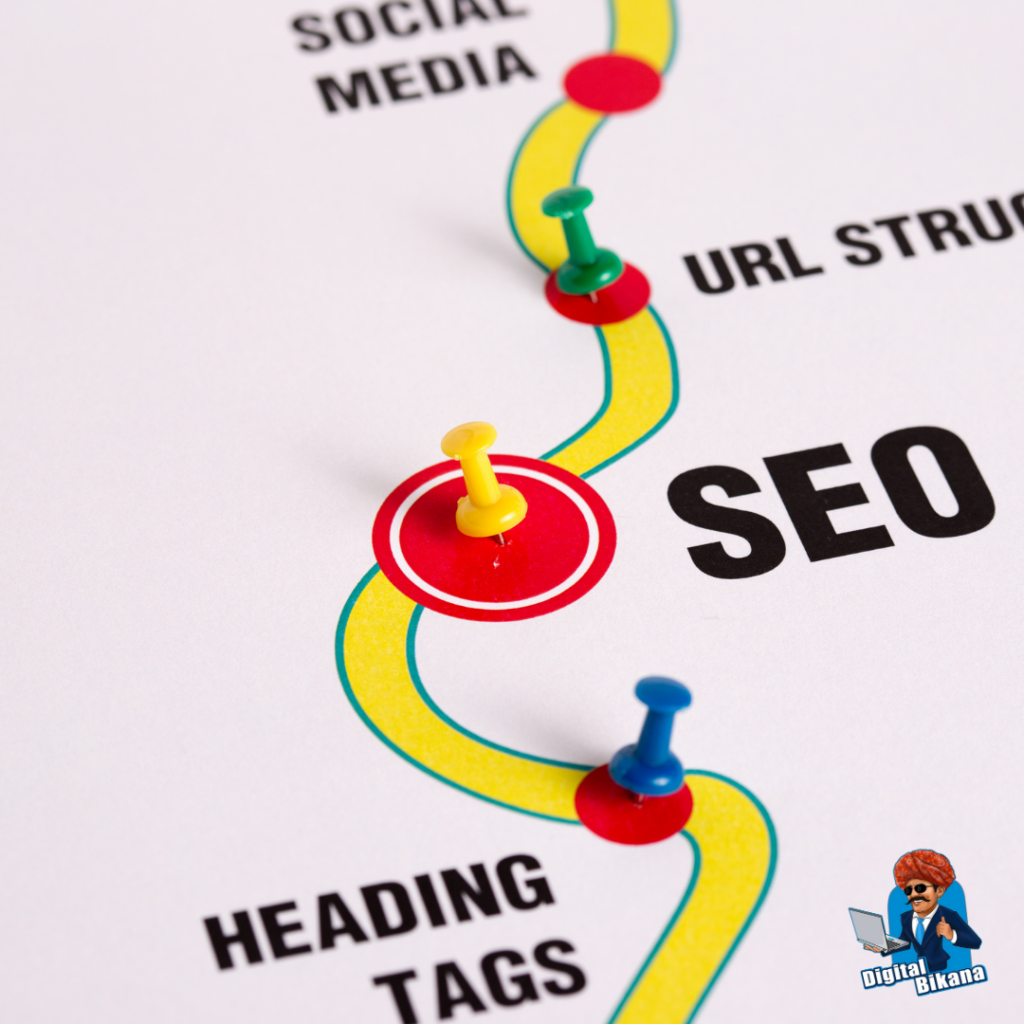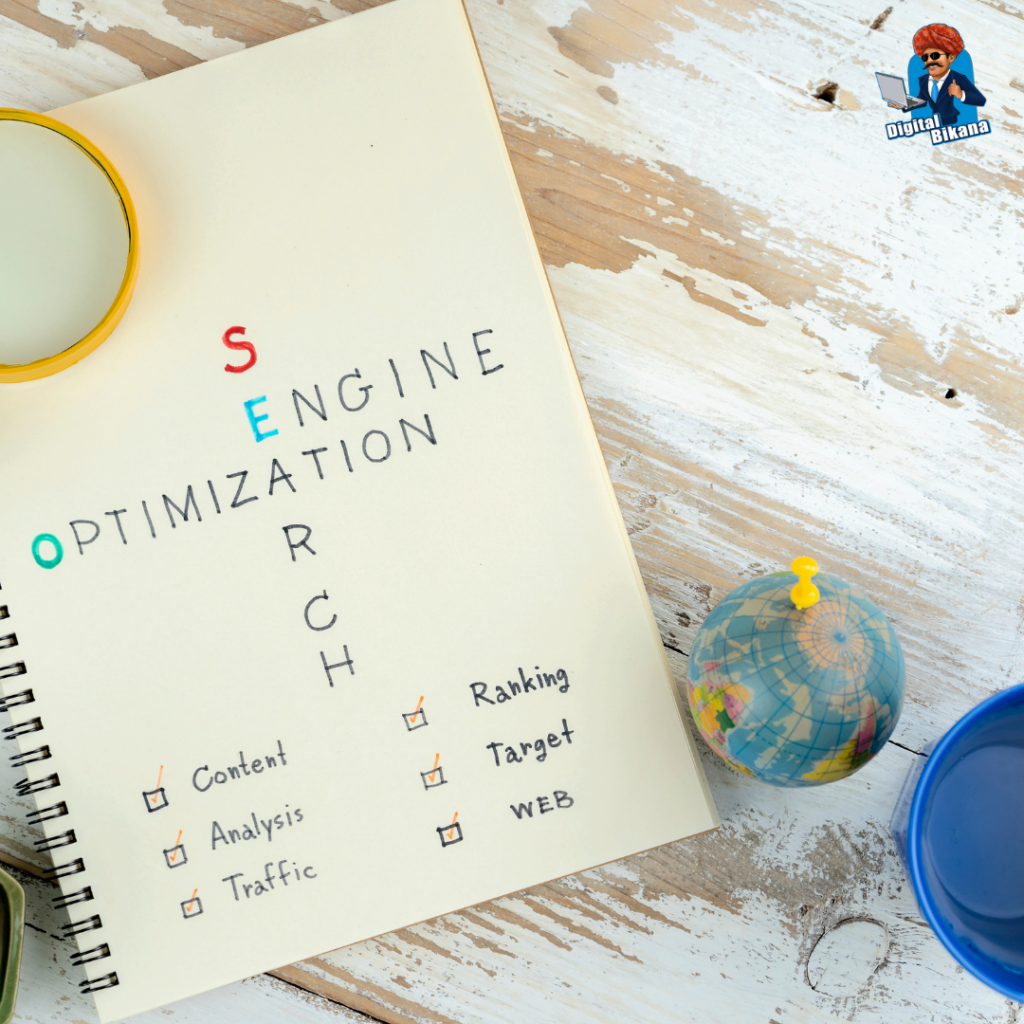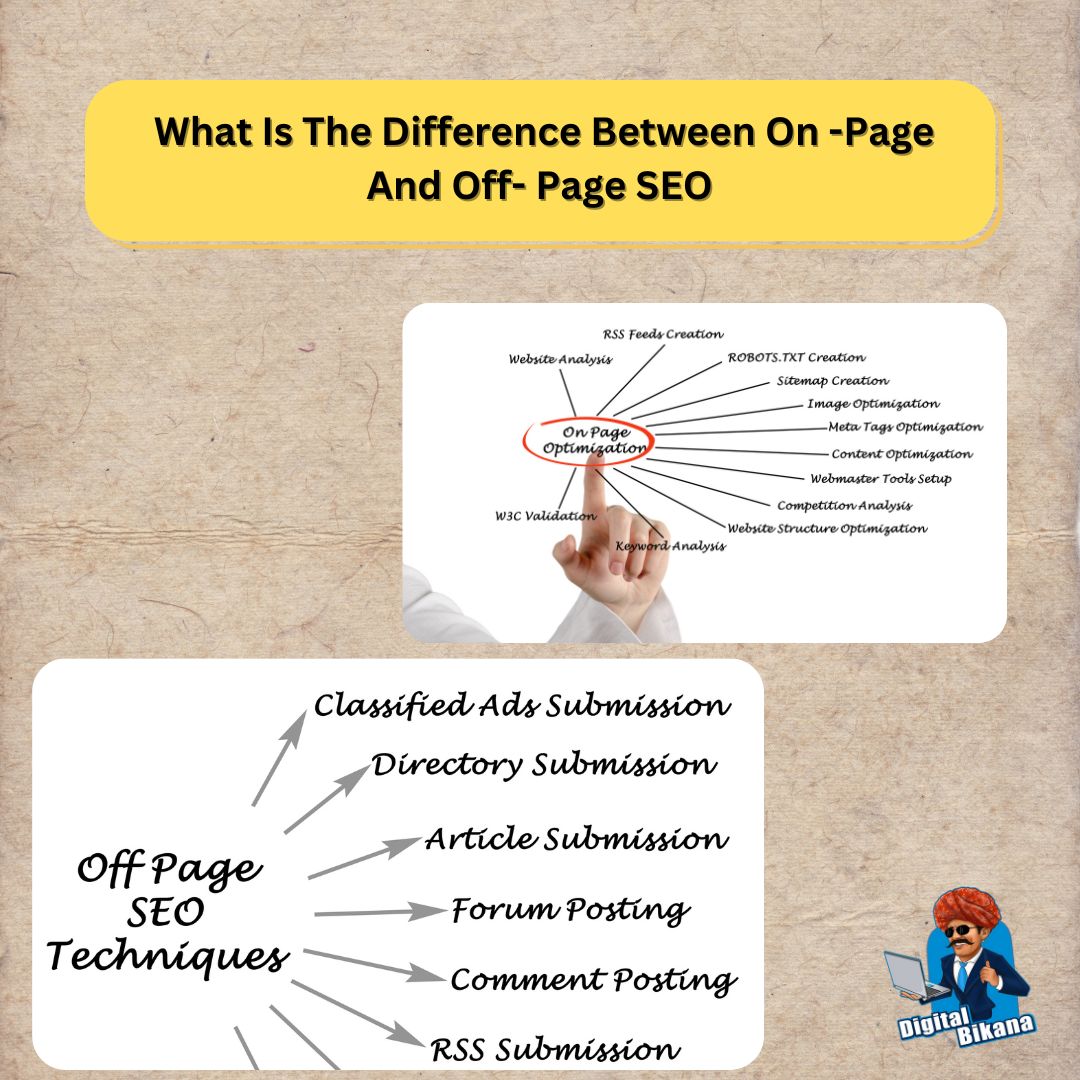What is the difference between on-page and off-page SEO?
In this article we are going to talk about What is the difference between on-page and off -page SEO? In the world of search engine optimization (SEO), there are two fundamental strategies that help websites improve their search engine rankings and increase organic traffic: on-page SEO and off-page SEO. Both these approaches have distinct focuses and techniques, and understanding the difference between them is crucial for implementing a well-rounded SEO strategy. So, let’s dive into the details and explore the disparities between on-page and off-page SEO.
What is the difference between on-page and off-page SEO?
Both these approaches have distinct focuses and techniques, and understanding the difference between them is crucial for implementing a well-rounded SEO strategy. So, let’s dive into the details and explore the disparities between on-page and off-page SEO.
1. On-Page SEO
On-page SEO refers to the optimization tactics that are implemented directly on a website to enhance its visibility and relevance to search engines. These strategies involve optimizing various elements within the website itself, such as content, HTML source code, and website structure. The primary goal of on-page SEO is to make the website more search engine-friendly and user-friendly, ensuring that it provides a positive experience for both search engines and visitors. Below are some fundamental components of on-page SEO:
a. Keyword Research and Optimization
Identifying and targeting the right keywords relevant to your content is essential. On-page SEO involves incorporating these keywords strategically into your website’s titles, headings, meta descriptions, and content to improve its relevance to search queries.
b. Content Creation and Optimization
Creating high-quality, informative, and engaging content is crucial for on-page SEO. To optimize your content effectively, it involves ensuring the appropriate keyword usage, incorporating relevant headings and subheadings, integrating multimedia elements, and ensuring a seamless reading experience.
c. URL Structure
Having a well-structured URL that includes relevant keywords can improve the visibility of your web pages to search engines.
d. Meta Tags
Meta tags provide information about your webpage to search engines. Optimizing meta tags, such as the title tag and meta description, can influence click-through rates from search engine result pages (SERPs).
e. Internal Linking
Creating a logical internal linking structure helps search engines understand the hierarchy and relevance of the content on your website. It also enables visitors to navigate through your website easily.
f. Website Speed and Mobile Friendliness
Optimizing website speed and ensuring mobile responsiveness are critical factors for providing a positive user experience. Search engines prioritize websites that are fast and mobile-friendly in their rankings.

2. Off-Page SEO
Off-page SEO, on the other hand, focuses on activities carried out outside the website to improve its visibility and credibility across the internet. These strategies aim to enhance the website’s authority, reputation, and popularity among users and search engines. Off-page SEO primarily revolves around acquiring high-quality backlinks from other reputable websites, as well as engaging in various promotional activities. Below are some fundamental components of off-page SEO:
a. Link Building
Acquiring quality backlinks from authoritative and relevant websites plays a significant role in off-page SEO. Search engines consider backlinks as votes of confidence, indicating that your website is trustworthy and valuable.
Read Also: What is the Significance of Backlinks in SEO?
b. Social Media Marketing
Engaging with your audience on social media platforms and promoting your content can help generate brand awareness, drive traffic to your website, and increase social signals, which indirectly impact your search engine rankings.
c. Online Reputation Management
Monitoring and managing your brand’s online reputation is crucial. Building positive brand mentions and addressing any negative reviews or comments can influence the perception of your website in the eyes of search engines and users.
d. Influencer Marketing
Collaborating with influencers or industry experts can help amplify your brand’s reach, attract new audiences, and generate valuable backlinks to your website.
You can also checkout this digital marketing institute to learn digital marketing course by enrolling in our course Or Contact Digital Bikana on +91-8949483728
e. Guest Blogging
Writing informative and relevant articles for other reputable websites within your industry allows you to showcase your expertise and gain backlinks to your site.
f. Social Bookmarking
Sharing your website content on social bookmarking platforms can increase its visibility and attract traffic to your site.

Conclusion:
In summary, on-page SEO focuses on optimizing the various elements within your website to improve its relevance and user experience, while off-page SEO revolves around building external signals of authority, such as backlinks and brand mentions, to improve your website’s visibility and reputation across the internet. Both on-page and off-page SEO strategies are essential components of a comprehensive SEO approach, and a well-executed combination of these tactics can help you achieve higher search engine rankings, increased organic traffic, and improved overall online presence. So, Now I hope you have understood about What is the difference between on-page and off-page SEO?

